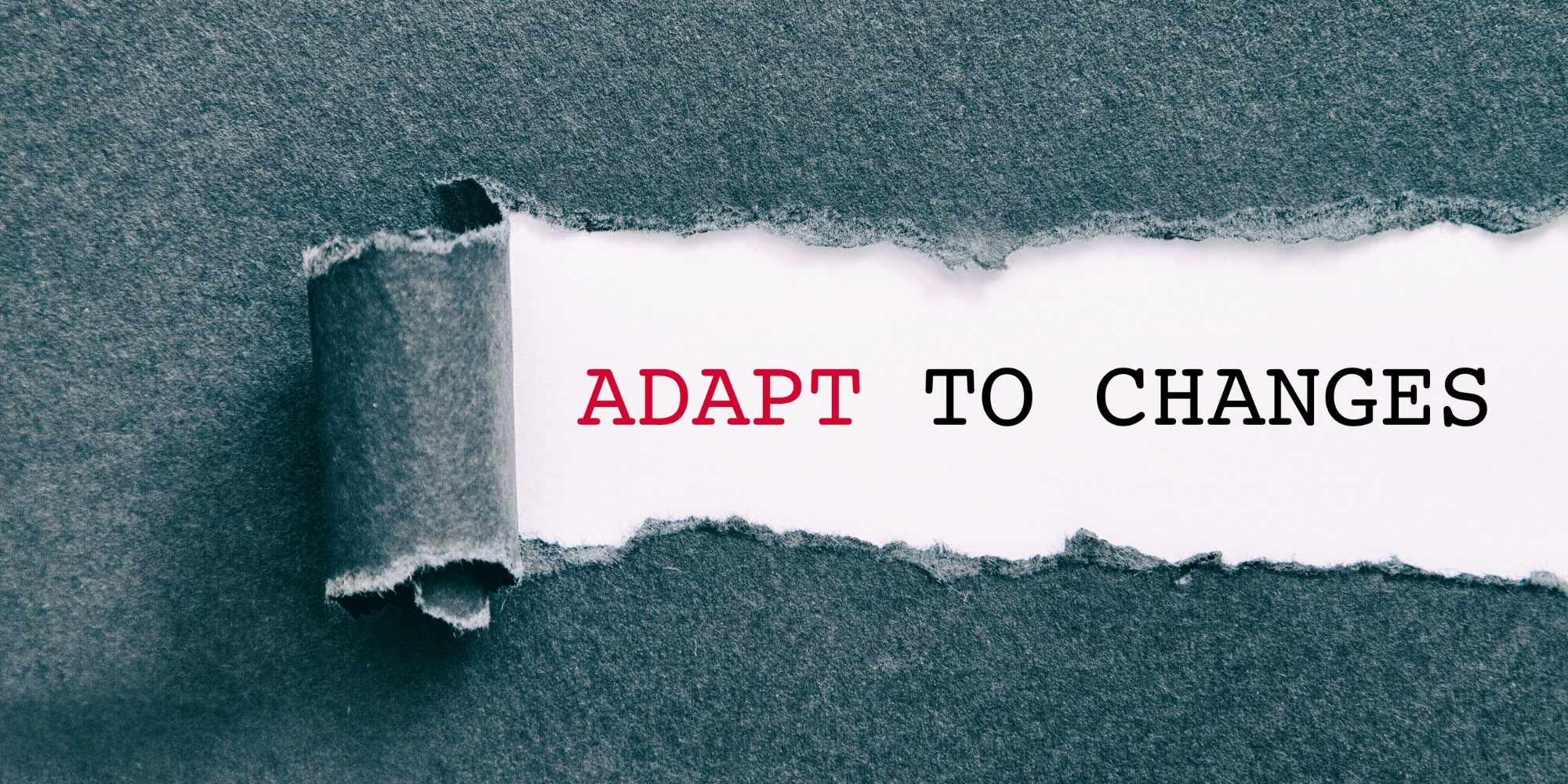We share hands-on advice for everyday trade and logistics challenges. Access insights and actionable strategies that drive certainty, continuity, and compliance across your operations.
How long should you keep your import records?

Whether you’re a resident or a non-resident importer, you must keep records of your commercial imports for six years after importation, in a format and location that can be produced on request.
What counts as commercial goods in Canada?

Identifying whether your goods are commercial or casual will help you meet the correct import requirements from the start, which can reduce border delays and ensure CBSA compliance.
Customs bonded warehouse activities that are allowed for imported goods

What you do with your goods while they are in a customs bonded warehouse matters, and staying within the allowed activities helps you avoid issues.
7 logistics essentials for agriculture

Importing agricultural products into Canada is a heavily regulated business. Whether you’re moving seeds, grains, fresh produce, or farm machinery, every shipment must comply with a variety of laws and procedures.
How Canadian importers can adapt to changing customs regulations

Changing customs regulations, trade agreements, and compliance requirements can happen quickly. Failing to adapt can lead to delays, unexpected costs, and avoidable penalties.
7 ways Canadian importers reduce risk when ordering overseas

Canadian importers order overseas and source internationally to access opportunities, expand product availability, and acquire goods not available locally. Leveraging global markets can significantly reduce per-unit costs and create a competitive advantage.
Key differences between duty drawbacks and duty refunds for importers

Some confuse duty drawbacks and duty refunds by thinking that they're essentially the same thing. However, both of these customs processes function differently and serve different purposes.
How Canadian importers benefit from end use tariff codes and conditional relief

Duties can make up a significant portion of landed costs for imports into Canada. End-use tariff codes can help importers reduce or even eliminate duties, and in some cases, importers can legally reduce or eliminate these duties using end-use tariff codes.
The benefits of operating as a Non-Resident Importer in Canada

Operating in Canada offers major opportunities for global businesses, but navigating Canadian import rules can be a challenge. One of the most effective ways to optimize cross-border trade is by becoming a Non-Resident Importer (NRI).
Certificates of Origin for Canadian importers

Certificates of Origin (COs) serve as proof that confirms the country where a product was manufactured, produced, or substantially transformed into a finished good. COs play a major role in determining how your imports will be treated at the border.
